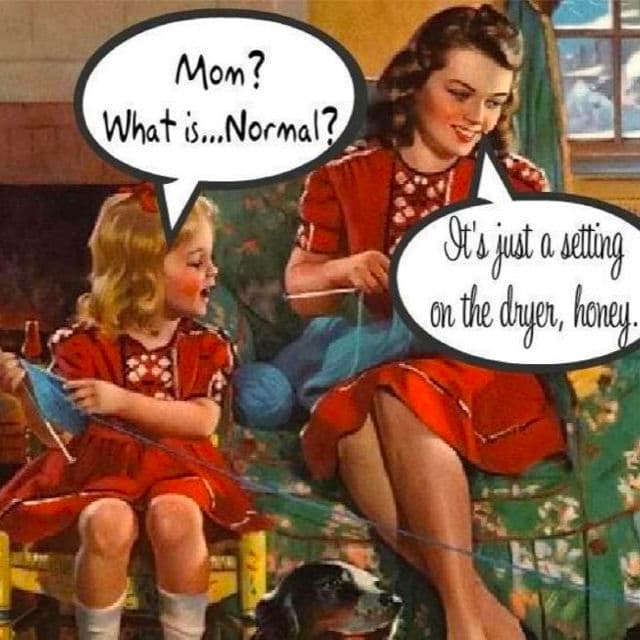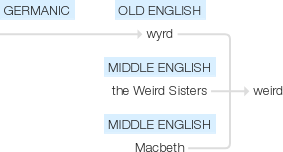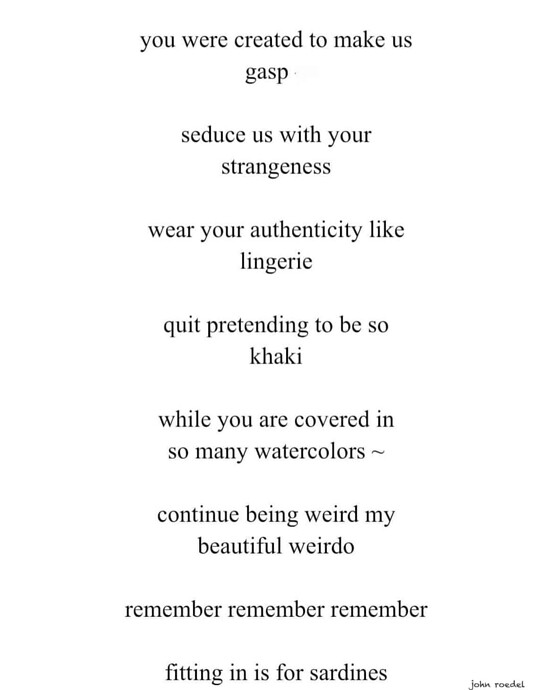Hmmmm…that didn’t come out the way I hoped! Oh well, if you click on the link, it’ll take you to the picture!

Ha! I love this. I also liked being teased by @RickThrivingNow that I am weird. (At least I think thats what he meant.) Although I will admit that I have some core wounds around wanting to just be normal and feeling like their is something different or wrong with me. I can trace much of where that belief came from…from very real, painful experiences of rejection, horrible words said about my body or identity, etc.
I recently had the experience of feeling very wanted by someone. It was incredibly unsettling to that wounded part of myself (in the best way). I had to recalibrate and I let myself heal just a smidge. When I talked about how I felt, the person said, it’s pretty REGULAR for me to feel that way about you. As in, it’s normal for someone to want you.
Mind Blown.
So much healing for me in that exchange. Grateful.
Thank you for fixing my boo-boo, Rick!
Homogenized and pasture-ized (sic) people bore me. I like weird, different, diverse… as long as also accepting. Yeah, I’ve found it really hard to be different amongst different groups of people who demand compliance. Not that they are not free to go ahead and have their filters be what they are. My filters are for people who value safety, respect, freedom, and diversity. So, yeah, I guess I’m weird that way and the weird in me honors and bows to the weird in you – Namascray-cray. 
I embrace and celebrate weirdness…weirdness and humour are the antidotes to life when it becomes poisonously boring and predictable. Weird people are my people!!

Old English wyrd ‘destiny’, of Germanic origin. The adjective (late Middle English) originally meant ‘having the power to control destiny’, and was used especially in the Weird Sisters , originally referring to the Fates, later the witches in Shakespeare’s Macbeth ; the latter use gave rise to the sense ‘unearthly’ (early 19th century).
